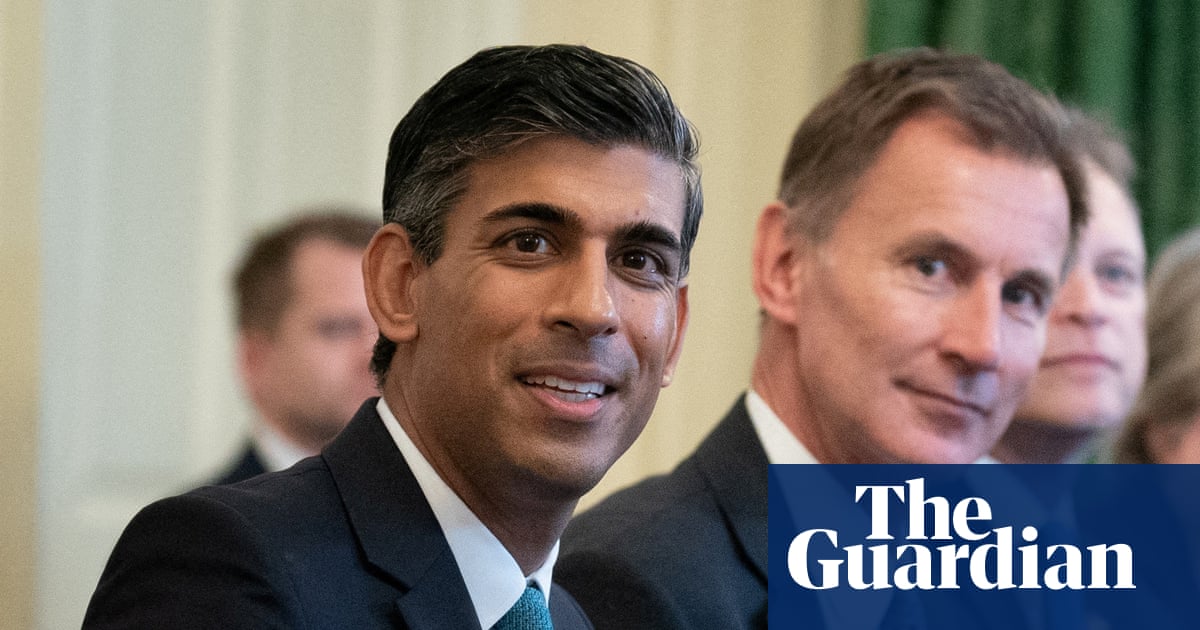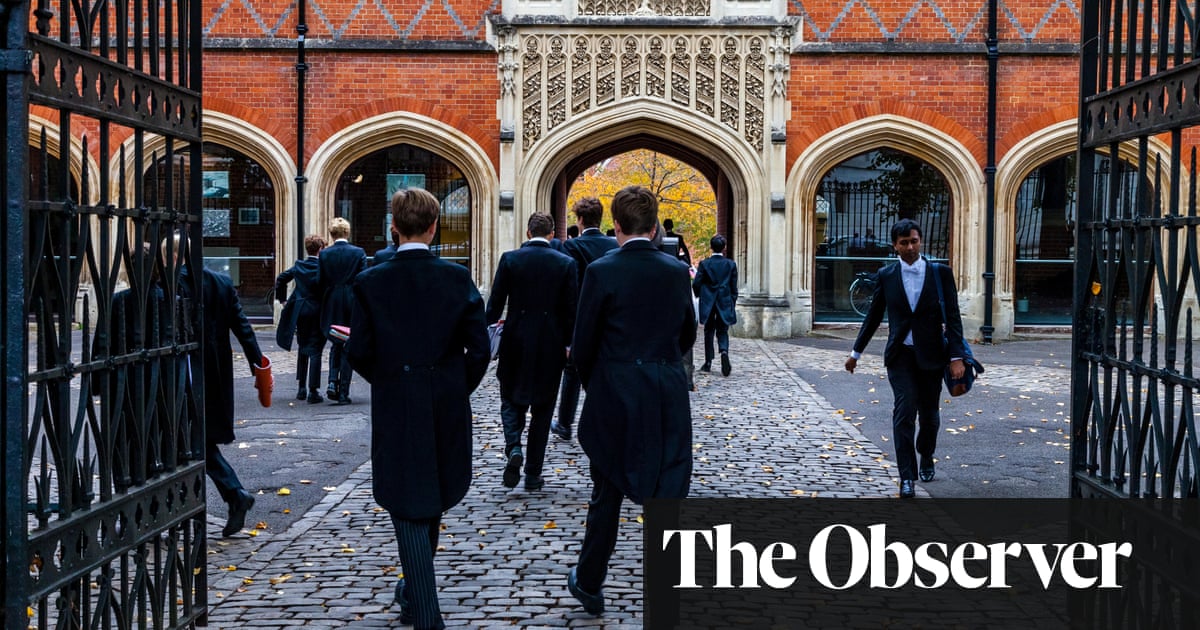
Conservative-run councils were more likely to make deep cuts to local services created to provide emergency help for struggling families, according to an academic study.
The analysis examined whether there was a local political dimension to the level of reductions to local welfare schemes in England, responsibility for which was devolved to council level as part of austerity reforms introduced in 2013.
The changes gave individual top tier councils the power to choose the level of aid they would make available to families who came to them in crisis, ranging from provision of food parcels to rent deposits or replacement fridges, cookers and beds.
The adequacy and effectiveness of the local welfare support safety net has become – after years as a “forgotten” policy area – a pressing issue during the pandemic as the economic crisis led to steep rises in destitution, personal debt and food insecurity.
According to the Cardiff University study, giving 151 larger councils a greater say over how emergency aid was allocated led to substantial cuts and the creation of a patchwork of local support across England – as well as significant political differences in aid levels.
Tory-controlled councils were most likely to have abolished their schemes: 23% closed them totally, compared with 10% of Labour councils. Equally, Conservative authorities were more likely to have made larger cuts. Two Labour councils, Islington and North Tyneside, bucked the trend by increasing local welfare funding.
Almost all councils – of all political hues – made significant cuts to local welfare from 2013 to 2019, the study found. One in six schemes had been scrapped by 2018-19, while four-fifths of those remaining had been cut by more than 50%.
Devolving these services “proved a successful mechanism for implementing austerity,” the report’s author, Rod Hick, said. But even overwhelming spending pressures left choices of how far to cut, he added. “The varying approaches between councils shows politics remains possible even in the harshest of policy environments.”
According to the charity Turn2us, English councils were allocated a notional £131m last year for local welfare – less than half the £330m value of the pre-2013 scheme. Of this allocation, it is estimated councils spent just £41m on local welfare, legally diverting the remainder of those funds to shore up other budgets.
The pandemic has brought a resurgence of interest in local welfare, with ministers providing two ringfenced grants of £63m and £170m to English councils in recent months to enable them to support struggling and destitute families, including those on free school meals needing support during the school holidays.
Backbench Tory MP Paul Maynard introduced a 10-minute rule bill with cross-party support in February calling on the government to review local welfare and issue guidance directing all councils to put in place adequate levels of local welfare support.
There has been speculation that councils that had kept stronger local welfare schemes were better able to respond to local need during the pandemic. Maynard told the Guardian: “We have learned many lessons, particularly those councils who were not as active [in local welfare], about how to provide this support.”
Maynard said he had arranged a meeting with government officials after Easter to discuss the experiences of locally-run emergency welfare schemes over the past few months. “It seems we are pushing at an open door. Whether there is any money on the other side of it is another question.”
Cllr Richard Watts, chair of the Local Government Association (LGA) resources board, said temporary grants had enabled councils to provide emergency support to households in crisis during the pandemic, but this must be made permanent. “The LGA is calling on government to restore local welfare funding to at least £250m a year”.












